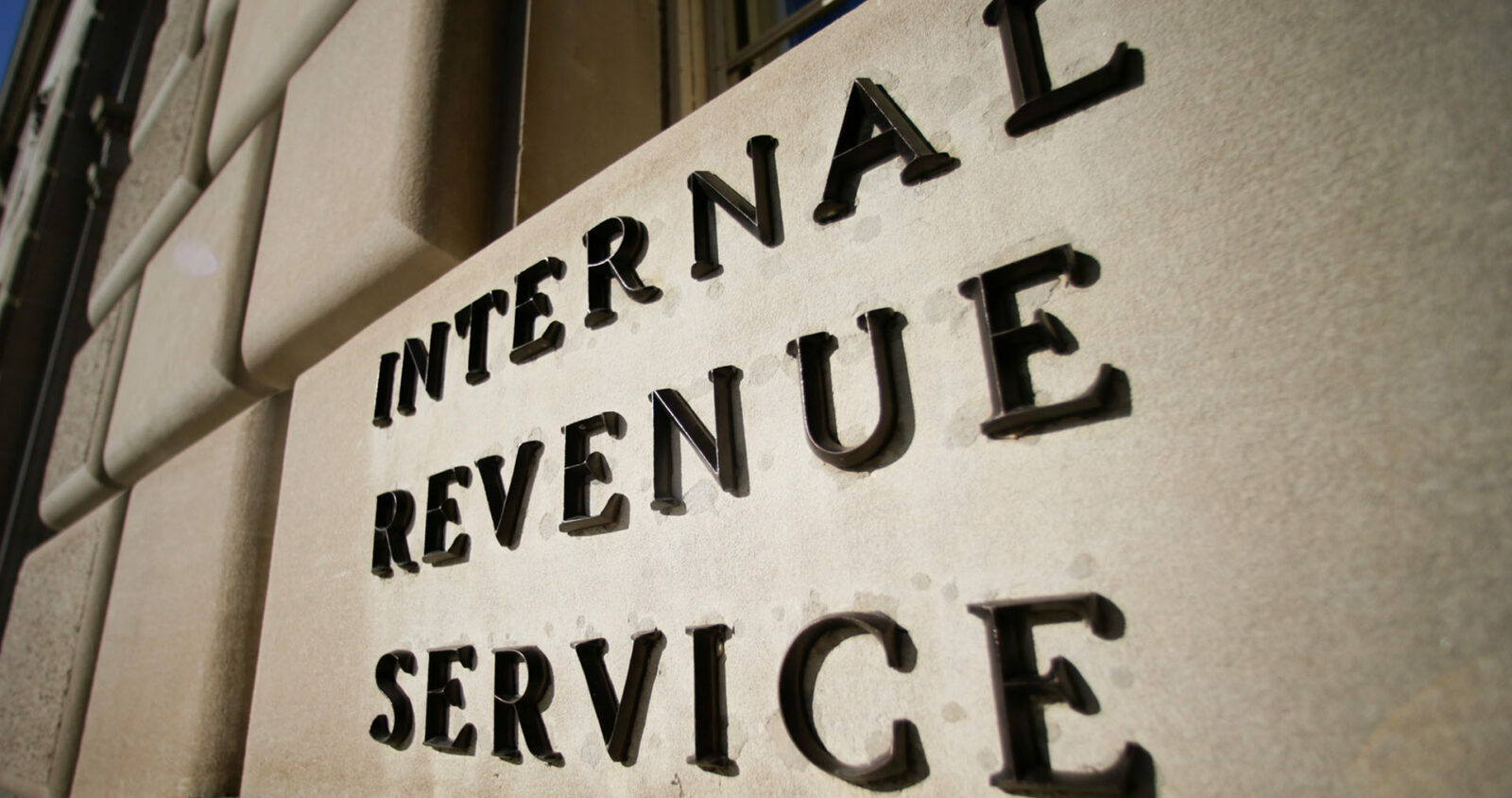When the IRS Comes Calling – Or Is It Really a Scam?

Earlier this month, it was evening and I had just arrived home from work. Having ignored a call from an unfamiliar number, I noticed that I had a voicemail. Supposedly the caller was from the IRS and indicated that I had 24 hours to return the call and remedy the situation or “severe legal and monetary action” would be taken against me. I deleted the voicemail immediately.
The next day, a client contacted me regarding a call he had received. Verbatim, my client had received the same threatening voicemail. Robo-call! I assured my client that the call was not legitimate and that there was no cause for concern.
While I was 100% confident that neither I nor my client had pending problems with the IRS, it can still be unnerving. Threatening words are daunting even if we recognize a scam when we hear it.
So how DO we know it’s a scam?
First, the IRS initiates the vast majority of its contact through regular mail using the United States Postal Service. If you receive an unsolicited telephone call, email, or in person visit from the IRS, it’s most likely a scam. There are occasions when the IRS will call a taxpayer but it’s after an examination has already begun. Again, the IRS will first alert you to such an examination via written communications mailed through the USPS.
Second, when the IRS does contact you, they will always advise you of your rights as a taxpayer. Although the IRS is a large organization and often a difficult system to maneuver, the IRS does adhere to a fundamental set of values including the right to representation, the right to challenge an IRS position, and the right to appeal an IRS finding.
Third, the IRS will not call you to demand payment over the phone or pressure you to provide credit card, debit card, or wire transfer details.
Fourth, the IRS will not threaten you with police force!
Unfortunately, scammers adjust their schemes quickly to avoid detection. They might alter caller ID to make it look like an IRS number, create email addresses that appear legitimate, and even utilize IRS letterhead and addressing details to appear authentic. It’s critical that you stay alert to such tactics.
If you do receive a suspicious call, we suggest that you hang up immediately. Do not give out any information. If you have no reason to believe that you owe taxes, you may report the call to the Treasury Inspector General for Tax Administration via phone at 800-366-4484 or their webpage. You may also report it through the Federal Trade Commission as an “IRS Telephone Scam.”
If the IRS believes you owe taxes, they will issue you a notice or bill in writing. Do not ignore this! Contact us to look into the matter. We’ll review the written notice, ask you some questions, and then determine the best way to proceed.
If you have any questions, please contact Jean McDevitt Bullens or your BNN tax advisor at 800.244.7444.
Disclaimer of Liability: This publication is intended to provide general information to our clients and friends. It does not constitute accounting, tax, investment, or legal advice; nor is it intended to convey a thorough treatment of the subject matter.
